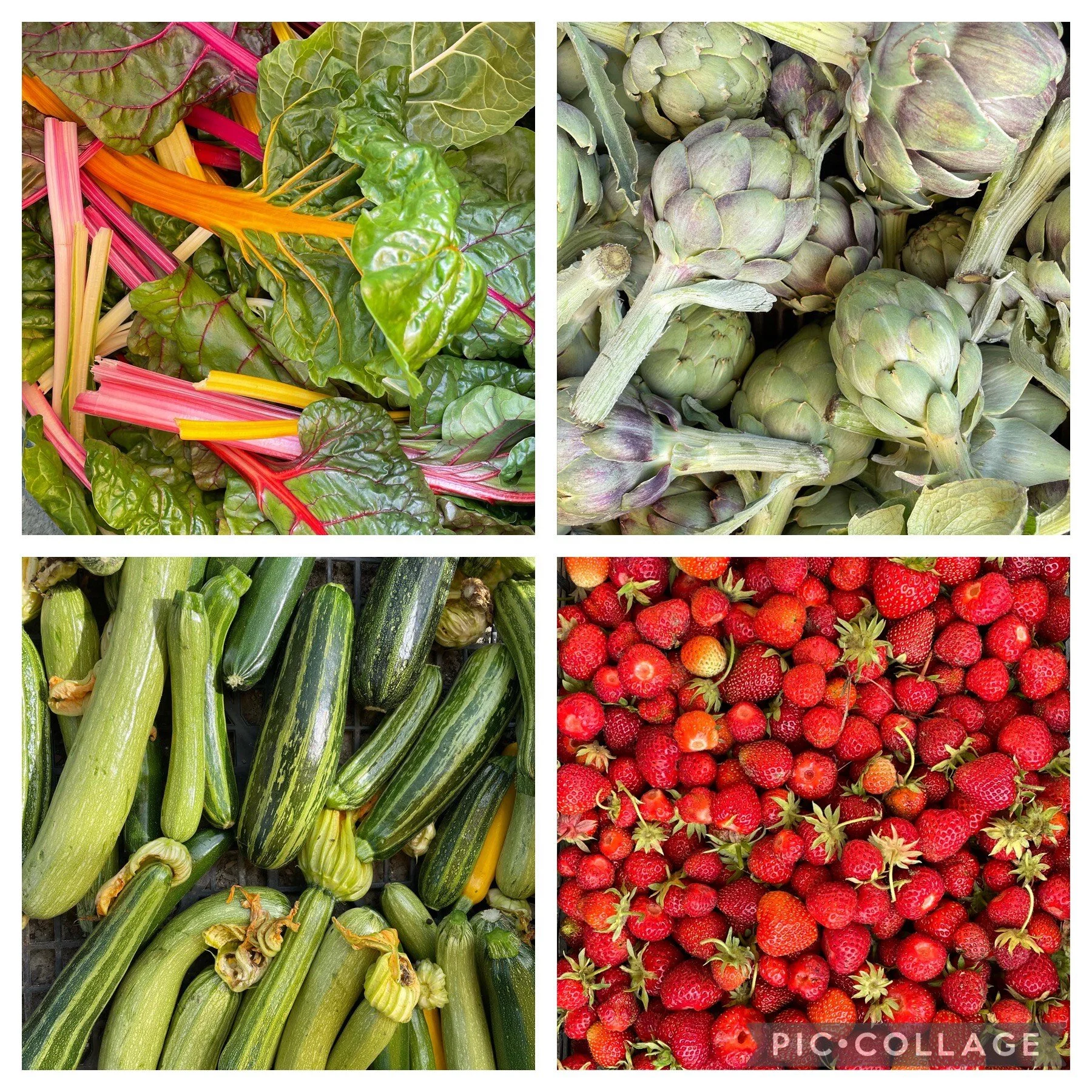In the last couple of months, volunteers have helped sow and transport thousands of seeds and young plants – in between watering, weeding and picking the first of the Spring harvest – making it a busy time at CoFarm Cambridge!
CoFarmers planting tomatoes
Carrots, parsnips, sweetcorn, pumpkins, squashes, climbing French beans, runner beans, dwarf French beans, cucumbers, courgettes, squashes, tomatoes, calibrese (green broccoli), purple sprouting broccoli, brussel sprouts, red, green and white cabbages, cauliflowers, kale, cavalo nero and some unusual plants such as cucamelons, were all planted in June.
CoFarm’s growing area has doubled this year as we aim to produce at least twice the amount of food than last. In 2020, we grew more than 4.5 tonnes of vegetables across 0.66 acres, which was donated to 9 local community food hubs. The remaining 1.3 acres of the market garden contained cover crops, which fix nitrogen into the soil and attract insects that pollinate food crops and eat pests.
This year, most of these cover crops have been cleared to make space for growing more vegetables, but there is no shortage of flowers. The market garden’s perimeter, and walkways within it, are bursting with colourful blooms, and the four acres of wildflower meadows recently sown outside of the market garden are growing well.
Newly-planted beans and sweetcorn
June is typically the busiest month for vegetable gardening, but a cold Spring this year delayed the planting of frost-sensitive crops – such as tomatoes, chilli’s, aubergines, cucumbers, courgettes, squash and French beans – making the month even busier. April had 22 days of frost and May remained cold – making it necessary to wait until the beginning of June to plant crops typically planted in May. This created a ‘planting log-jam’, and so volunteers have been working hard to sow seeds and transplant young plants waiting in pots and modules until the weather improved.
The cold spring also meant plants grew more slowly, resulting in delays of harvesting of certain crops – such as new potatoes, beans and garlic.
One of CoFarm Cambridge’s recent harvests
But there has already been plenty of produce set for picking – lots of strawberries, broad beans, artichokes, courgettes, and rainbow chard have already been harvested from older plants over the last few weeks, which have been donated to local food hubs.
Now that harvesting has begun, it will carry on intensively until October. This increased the urgency of getting everything planted in June, to ensure volunteers have enough time for picking, and for other time-consuming tasks such watering and weeding!
Volunteers have also been helping to prepare the land for planting – including hoeing areas to remove weeds, making raised rows, and wheelbarrowing heaps of compost.
The farm received three truck-loads of organic compost in June from Amey – the company which composts Cambridgeshire’s garden waste. This will be broken down by worms and incorporated into the soil, and will improve water retention and soil structure.







